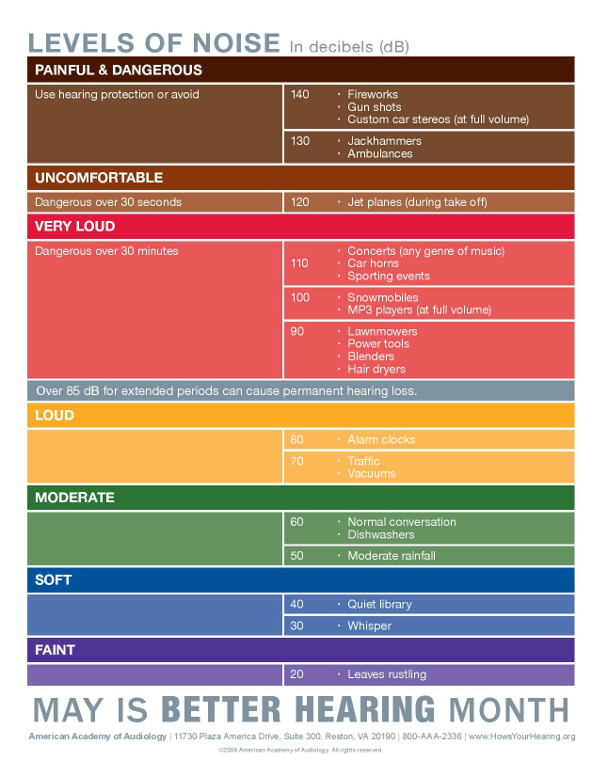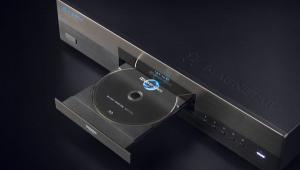How’s Your Hearing?

To raise awareness of the problem, the academy has declared May Better Hearing Month and is encouraging everyone to pay attention to their hearing health.
Hearing problems are commonly associated with the normal aging process but more than half of all hearing-impaired persons are younger than 65. The number of Americans experiencing hearing loss at a younger age has been growing due to increased use of earbuds for personal listening, according to the organization.
The potential for hearing loss extends far beyond deterioration due to the normal aging process and can affect anyone. Common causes include exposure to loud noises; ear infections, trauma, or ear disease; harm to the inner ear and ear drum; and illness or certain medications.
The first step to treating a hearing problem is to have your hearing evaluated by an audiologist, a health-care professional who specializes in evaluating, diagnosing, and treating people with hearing loss and balance disorders.
The academy encourages you to see an audiologist sooner than later if you a) have trouble hearing conversation in noisy environments such as a restaurant, b) have trouble hearing someone who is talking to you without looking at them, or c) have a constant ringing or pain in your ears.
In addition to conducting hearing evaluations, audiologists specialize in:
•Prescribing and fitting hearing aids
•Assisting with cochlear implant programs
•Performing ear- or hearing-related surgical monitoring
•Designing and implementing hearing conservation programs and newborn hearing screening programs
•Providing hearing rehabilitation training such as auditory training, speech reading, and listening skills improvement
Although most hearing loss is permanent, an audiologist can determine the best treatment, which may include hearing aids, assistive listening devices, and hearing rehabilitation.
For more information on evaluating and protecting your hearing, visit audiology.org.

- Log in or register to post comments



























































